French billionaire Xavier Niel's AI lab, Kyutai, launched Moshi, a voice assistant with 70 human-like emotions that could revolutionize human-machine communication.
Kyutai Unveils Emotionally Intelligent AI Voice Assistant, Rivaling OpenAI's Delayed Offering
A French artificial intelligence research lab sponsored by billionaire Xavier Niel demonstrated a new voice assistant with various human-like emotions. This is similar to a product OpenAI promised but delayed due to safety concerns.
Kyutai, a nonprofit AI organization established last year, unveiled the Moshi service at an event in Paris on July 3. According to the laboratory's scientists (via Fortune), their system can communicate with 70 distinct emotions and patterns. The assistant was demonstrated as it provided advice on climbing Mt. Everest and recited a poem it had composed in a thick French dialect.
“It thinks as it speaks,” Kyutai Chief Executive Officer Patrick Pérez said. “We believe Moshi has tremendous potential to change the way we communicate with and through machines.”
The assistant is the most recent competitor to OpenAI's ChatGPT, the most well-known chatbot. Despite the concerns of some industry experts regarding the potential hazards of the emerging technology, an increasing number of startups and large technology companies, such as Anthropic, Cohere, and Alphabet Inc.'s Google, have raced to introduce models that compete with OpenAI's GPT-4.
In May, OpenAI hosted a launch event for a voice assistant designed for ChatGPT Plus users. This assistant was the first to combine lightning-fast responses with potent image-recognition capabilities. The company initially intended to release the new product within weeks; however, it postponed the rollout until the autumn and announced that it would not initially include the video and screen-sharing features it had demonstrated.
Kyutai's Open-Source Voice AI Challenges Industry Amid Safety and Ethical Concerns
According to Bloomberg, OpenAI also encountered criticism for presenting an AI voice in a feature resembling actress Scarlett Johansson's. The actress's hiring of attorneys resulted in the company withdrawing the voice.
Pérez stated that his laboratory will distribute the models and research that underpin the assistant as open-source technology, allowing for the unrestricted exchange of code. He referred to Moshi as the "first real-time voice AI assistant released."
According to a statement by Kyutai on July 3, the new service is an "experimental prototype." The model and research will be accessible in the upcoming weeks, according to a laboratory representative, who declined to provide a specific date.
In November, Kyutai was established with €300 million ($324 million) in funding provided by Niel, French entrepreneur Rodolphe Saadé, and former Google chairman Eric Schmidt. As a former director of Valeo SA, Pérez recruited researchers from Meta Platforms Inc. and Google DeepMind to join his laboratory.
Niel believes that the voice assistant is an optimistic indicator that Europe has the potential to become a global leader in AI development. In an interview on Wednesday, he stated, "All of the products they demonstrated today are the best in their respective categories on a global scale." "We are exceedingly pleased to have this in Europe."
Hervé Jégou, Kyutai's Chief Science Officer, briefly addressed safety concerns. He stated that the laboratory will employ indexing and watermarking tools to identify and monitor audio produced by its AI.
Kyutai reportedly collaborated with a voice actress, Alice, to train its new model, but it did not disclose her complete name.
Photo: Microsoft Bing





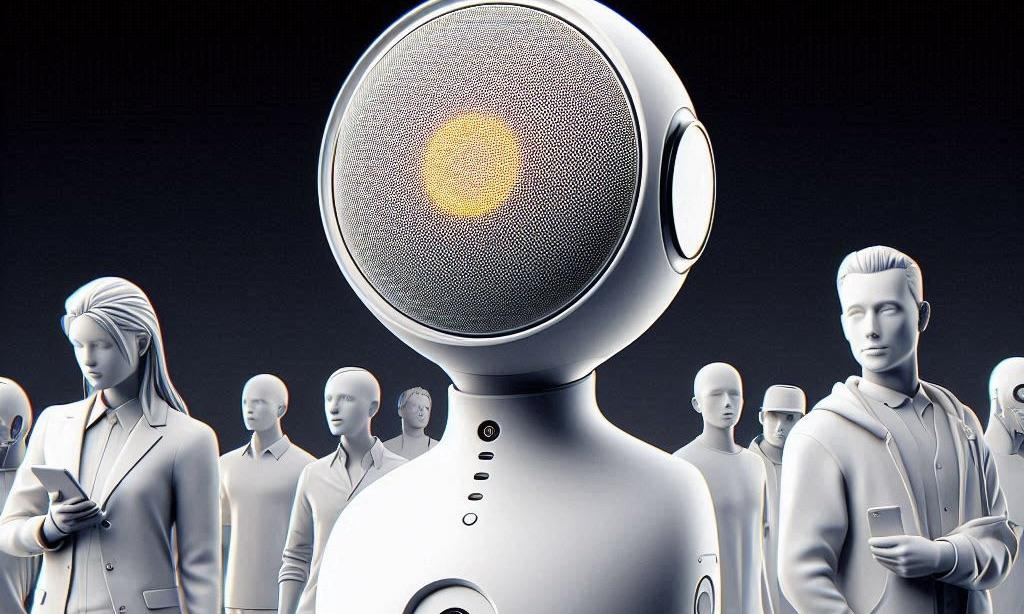





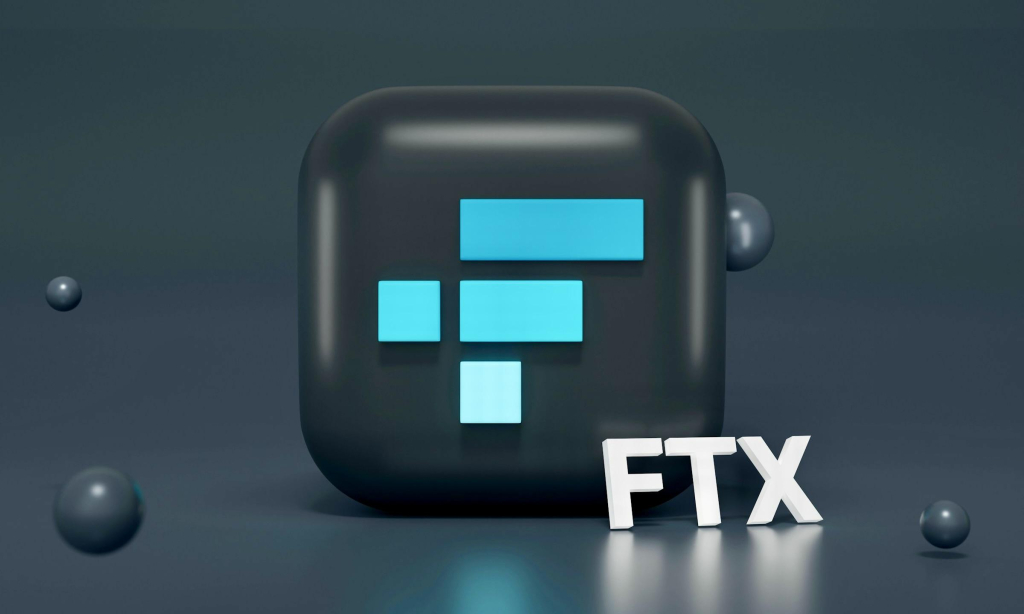
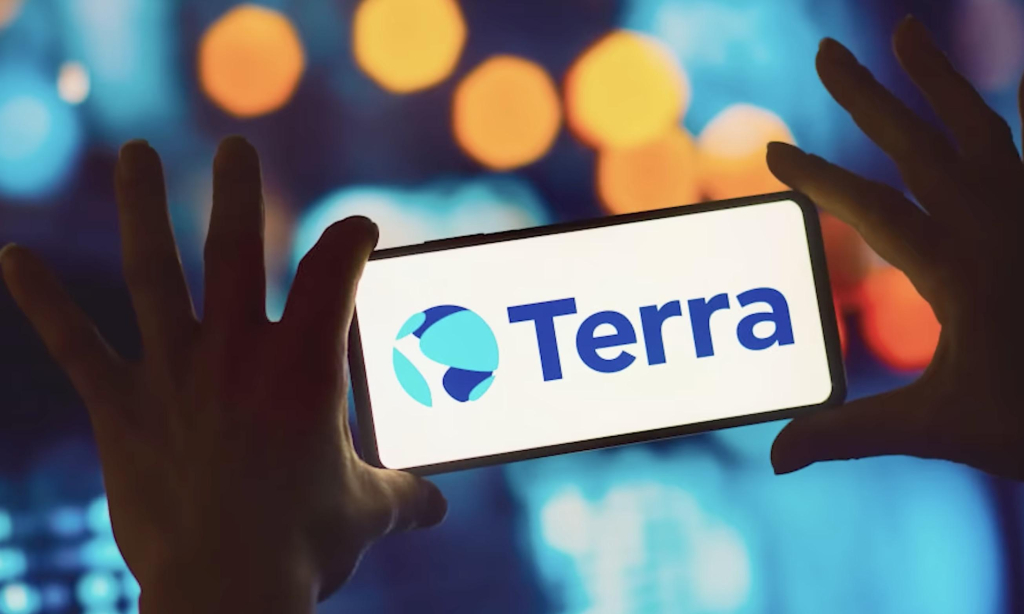

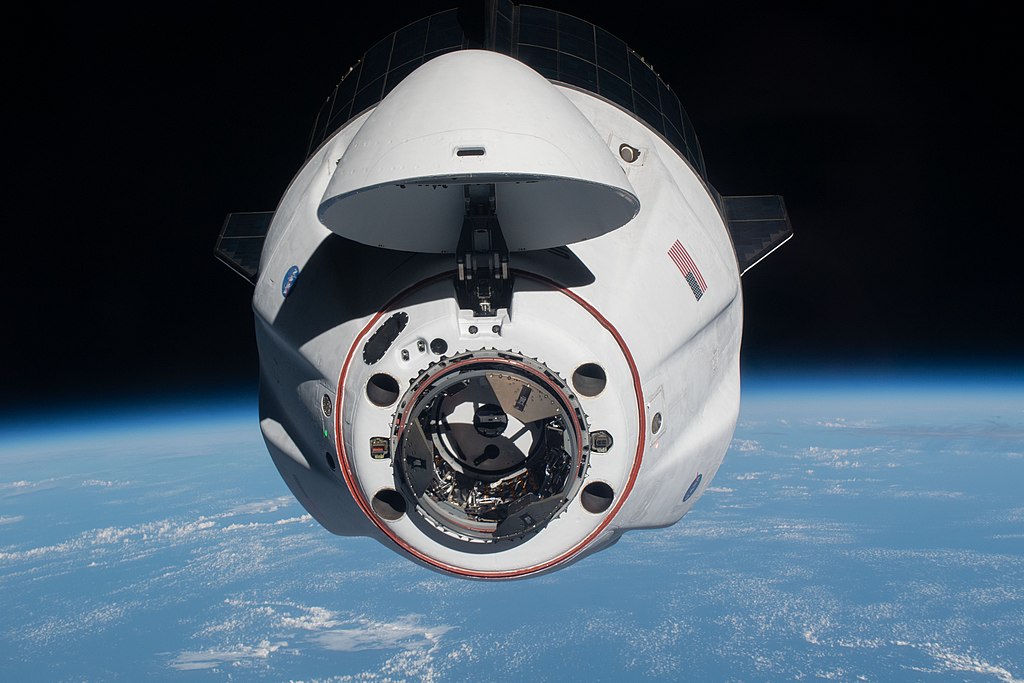


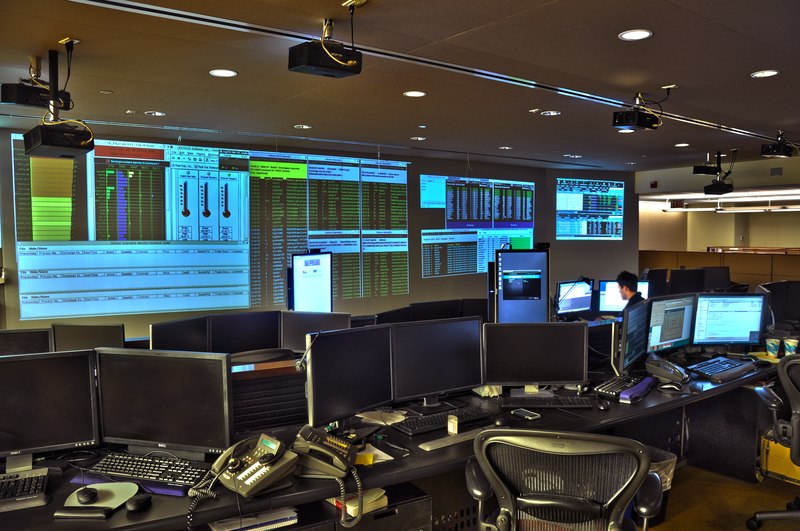



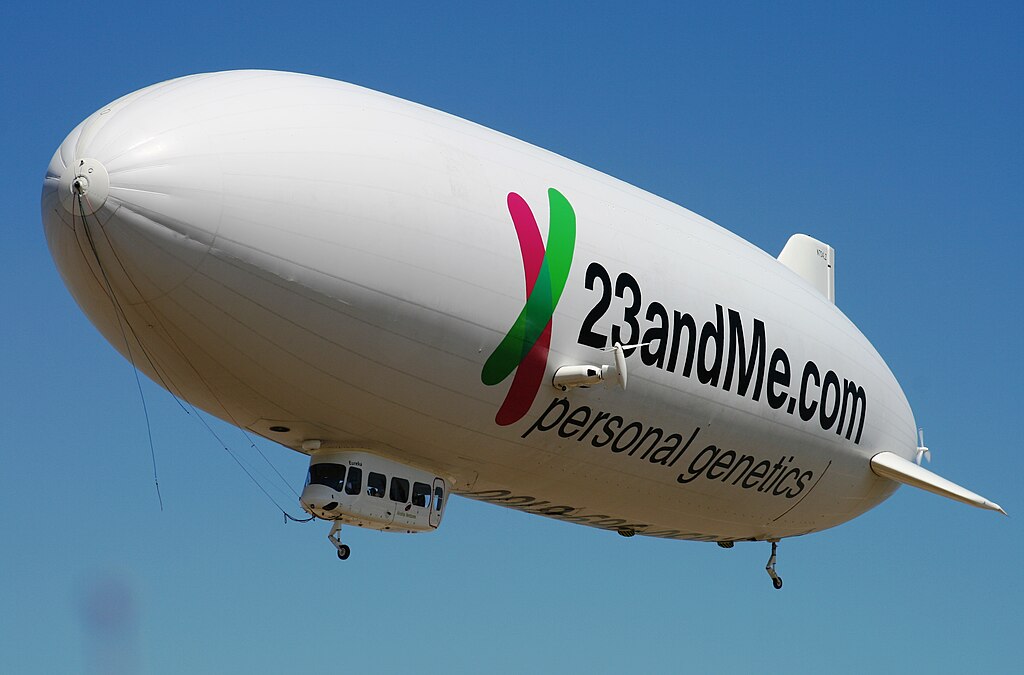


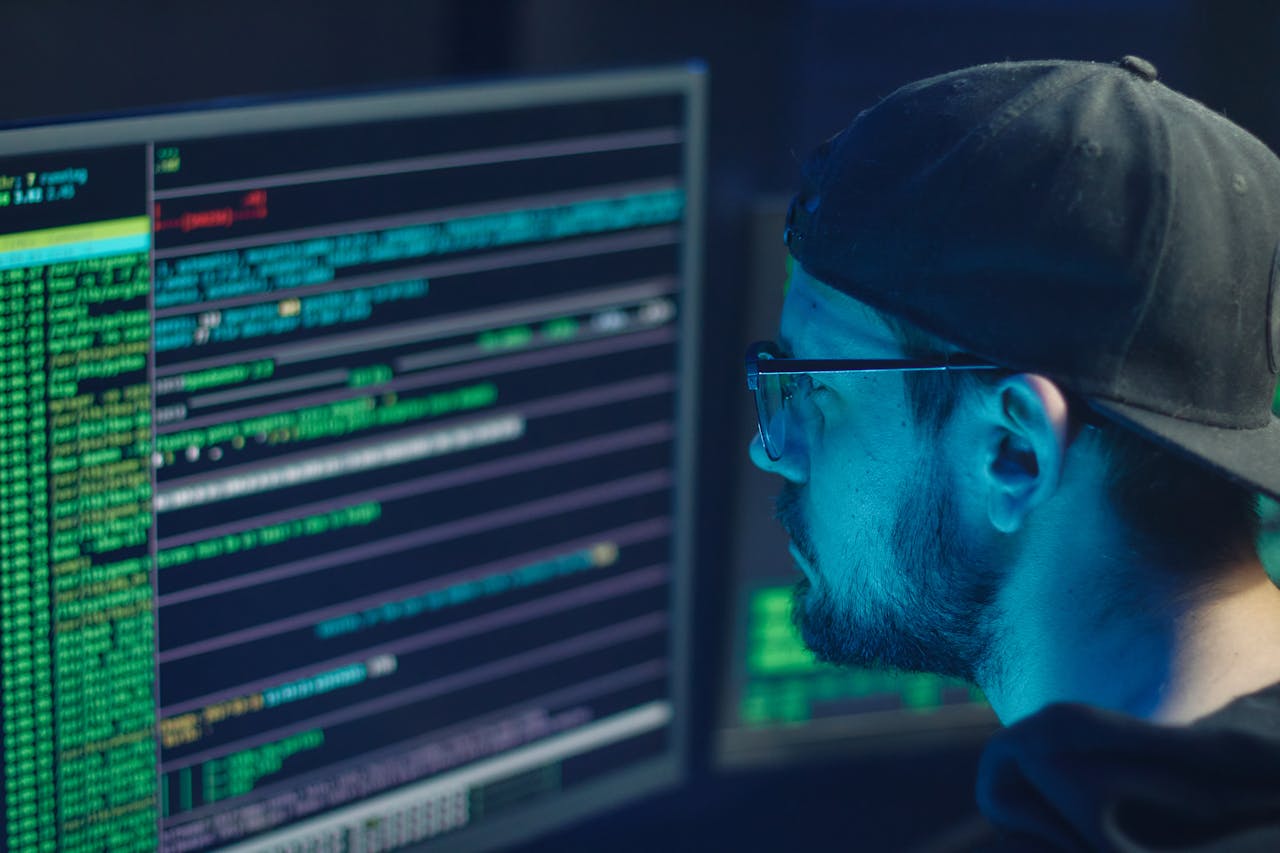

Comment 0